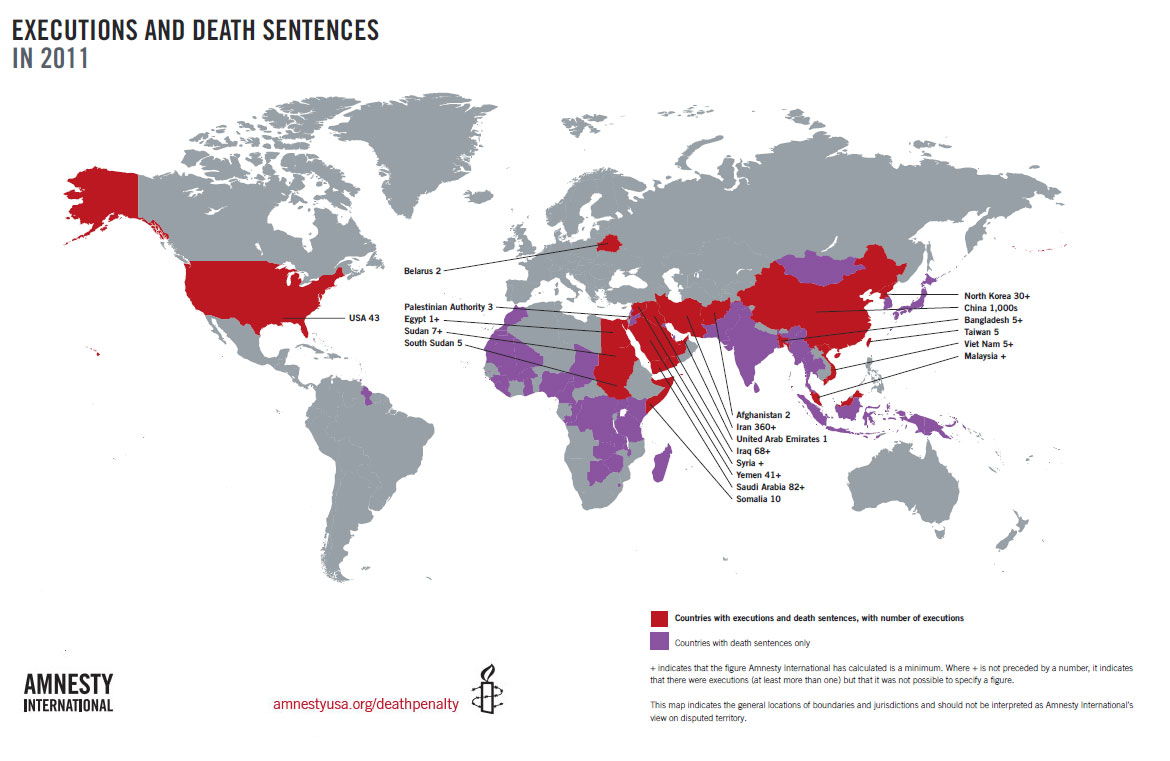 I've just read an amazing article about the Death Penalty in India and like its author I'm totally against all forms of Capital Punishment. Still, I am interested in what my readers are thinking about this topic, so I made a poll where you can vote for or against the Death Penalty. Of course the voting is totally anonymous, so don't worry about me seeing your name/IP address or anything like that.
Please leave a comment here if you want to say something more about this issue. Below you can find "Reasons against the death penalty" with a few comments by me and also the article I mentioned above.
I've just read an amazing article about the Death Penalty in India and like its author I'm totally against all forms of Capital Punishment. Still, I am interested in what my readers are thinking about this topic, so I made a poll where you can vote for or against the Death Penalty. Of course the voting is totally anonymous, so don't worry about me seeing your name/IP address or anything like that.
Please leave a comment here if you want to say something more about this issue. Below you can find "Reasons against the death penalty" with a few comments by me and also the article I mentioned above.


Health minister Ghulum Nabi Azad says homosexuality is a "disease" © Demotix